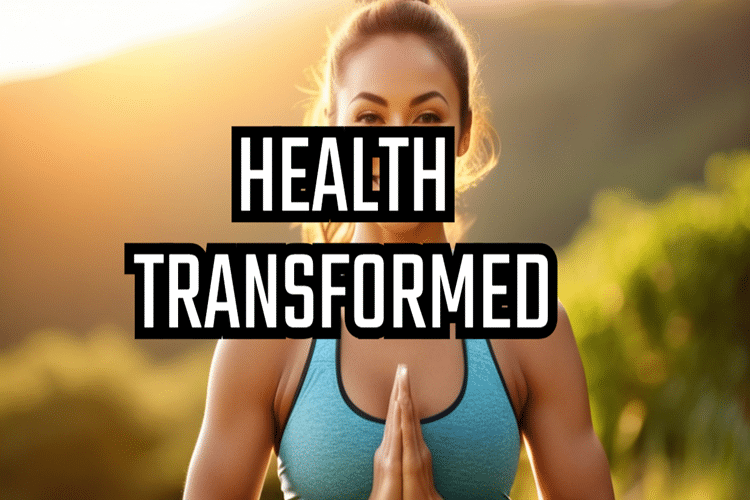
Debunking The Top 10 Myths About Marijuana
What Are Top 10 Myths About Marijuana?
Marijuana has been used as an herbal remedy for centuries, but there are many myths about the drug today. Some people believe marijuana is a gateway drug that leads to addiction to more problematic substances. Others believe that marijuana is more harmful than alcohol or tobacco. In this article, we’ll be debunking the top 10 myths about marijuana in the world today:
Myth #1: You Can Not Become Addicted To Marijuana
Contrary to popular belief, you can become “addicted” to marijuana – more commonly referred to as marijuana use disorder. Around 30 percent of regular cannabis users may have it, according to the National Institute on Drug Abuse. While cannabinoids do not share the addictive tendencies of compounds like opioids, your body naturally adapts to the influx of THC by desensitizing receptors in your brain. As THC is suddenly removed, your body needs time to restabilize the receptors which no longer have THC to stimulate them. This can cause imbalances in your mood, appetite, and sleep.
Myth #2: Marijuana Is A Gateway Drug
Statistically, kids who use marijuana are more likely to use other drugs. However, this doesn’t mean that marijuana use causes the use of other drugs. Concluding a 96-page report by the Institute of Medicine, researchers concluded that “No causal link between cannabis use and the use of other illicit drugs can be claimed at this time.”
Myth #3: Marijuana Can Cause Psychosis
Marijuana use is often associated with psychosis. Some people who use marijuana may experience psychotic symptoms, such as delusions or hallucinations. It’s unclear if marijuana use causes psychosis or if people predisposed to psychosis are more likely to use marijuana. However, it’s essential to be aware of the risk of psychosis associated with marijuana use. If you’re using marijuana and you start experiencing psychotic symptoms, it’s essential to seek help from a mental health professional.
Myth #4: There Is No Such Thing As Marijuana Withdrawal
As stated in myth #1, marijuana addiction is a real thing. As you suddenly stop introducing THC to your body, your brain needs time to restimulate the receptors which THC previously stimulated. This can cause physical symptoms of withdrawal such as:
- Irritability
- Imbalance in moods and sleep
- Decreased appetite
- Anxiety or jittery feelings
- Feeling restless
Myth #5: Cannabis Kills Brain Cells
Although cannabis use is often associated with adverse effects on the brain, there is no evidence that it kills brain cells. Some research suggests that cannabis may even have neuroprotective properties. One study found that CBD, a compound found in cannabis, was able to reduce cell death and protect nerve cells from damage. Another study found that THC, another compound found in cannabis, was able to reduce inflammation and improve cognitive function in rats. The evidence suggests that cannabis use is not associated with brain cell death.
Myth #6: Weed With A High THC Content Gets You Higher
One of the most popular myths about marijuana is the theory that pots with high THC levels are directly correlated with stronger effects. A recent study by the University of Colorado doesn’t seem to be the case. Unlike vodka or tequila, where alcohol levels define how intoxicated the consumer will get, THC levels in cannabis cannot indicate how high you will get. Keep this in mind for the next time you buy cheap weed Canada!
Myth #7: Cannabis Is a Dangerous Drug
Numerous studies have found pot less harmful than everyday drugs like alcohol and tobacco. Millions of people use cannabis for medicinal purposes, which has been shown to be effective in treating several conditions. However, like any drug, there are potential risks associated with its use. These risks can be minimized by using cannabis responsibly and understanding the potential effects it can have on your mind and body.
Myth #8: You Can’t Overdose On Weed
You can overdose on weed, but it won’t kill you. Not unless you can consume 15,000 pounds of marijuana in 15 minutes! Overdosing on weed is commonly known as “greening out” and refers to the effects of consuming too much pot. Accompanied by dizziness, vomiting, and severe anxiety, greening out can also increase your heart rate and blood pressure. While symptoms of greening out may feel overwhelming, no overdose of cannabis has ever been reported.
Myth #9: Marijuana Is The Cure For Cancer
Medical marijuana or specific cannabinoids within the plant do not cure cancer. However, that doesn’t say it cannot help relieve some side effects associated with cancer treatments. Findings suggest certain cannabinoids can help relieve symptoms such as nausea and vomiting caused by chemotherapy. Interestingly, studies have long shown that cancer patients who use marijuana extracts tend to need less pain medicine.
Myth #10: Marijuana Is Completely Harmless To Use
With many things in life, too much of anything can be bad for you, and marijuana is no exception. Heavy use can be harmful. As cannabis smoke is chemically similar to tobacco smoke, heavy weed smokers are vulnerable to the same health risks as cigarette smokers, such as bronchitis and other respiratory illnesses. Like tobacco smoke, cannabis smoke also contains dangerous carcinogens – a substance capable of causing cancer. However, these risks result from inhaling cannabis smoke. There are multiple other ways to consume cannabis safely.






